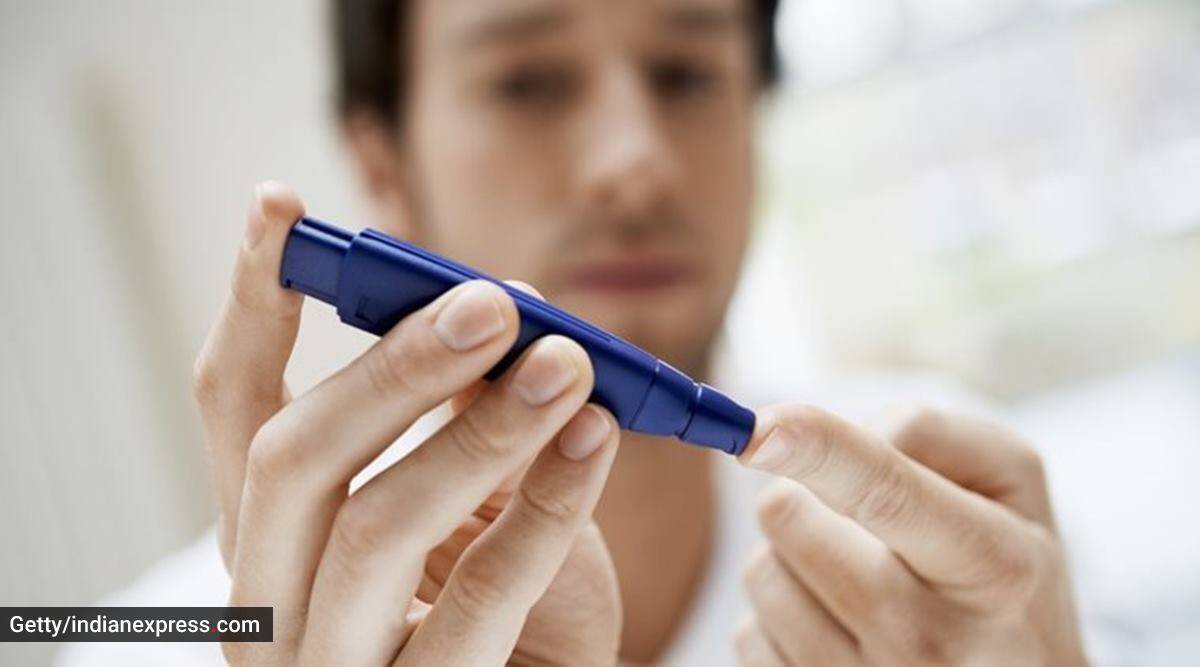An Indian patient of mine has been living in Saudi Arabia and gets a check-up done from time to time whenever he is here. This time he asked me, “Doc, dates are very popular there. Can I take them? I hope my glucose levels won’t be disturbed.” Another patient, a 70-year-old woman, confessed to me that she had been guilty of eating raisins every day. “I think it is going to increase my blood sugar. What is to be done?,” she asked me, worried.
I reassured them and explained to them, in simple words, the following facts.
What are dried fruits?
A concentrated form of fresh fruits with a low moisture content are called dried fruits. These include whole (berries and grapes), or half or slices of fruits (kiwis, mangoes). The dried form of fruits permits long shelf life and availability. Apples, apricots, currants, dates, figs, peaches, pears, prunes, and raisins are popular dried fruits.
Several bioactive compounds are found in dried fruits; vitamins, minerals, carotenoids and phytosterols. All these are needed for good health. Sun-dried raisins, after drying, retain the minerals and most of the phytochemicals, antioxidants and resveratrol of the grapes. Interestingly, sun-drying enhances the antioxidant content of raisins. Dried fruits contain about two/third carbohydrates, with low protein content and a high amount of fibre.
Are they beneficial for health?
Indians have a tradition of eating nuts and kish mish (raisins). Currently these are popularly given on festivals and marriage as gifts.
Among all dried fruits, grapes have been investigated the most. It has been shown that seeds or powder of the skin of grapes could improve inflammation and insulin secretion, two key metabolic indicators of good health. Raisins have been shown to increase powerful metabolically active hormones (e.g., GLP-1) which have a good effect on pancreas. Longer clinical studies, although few, show similar data. Overall, a limited number of raisins incorporated in healthy diets is not likely to increase blood sugar values, and, in fact, may be beneficial.

Date fruits are popular throughout the Middle East countries. There are various stages of dates. The Tamer stage is the maturation stage where the date fruit is dried, firm, and dark in colour. This is widely available in Indian markets. These can be eaten as snacks or with meals. A variety of dates are available, and some have lower effects on glucose than other varieties. Some good trials show that intake of dates does not have a significant effect on blood glucose, cholesterol, body weight and blood pressure. Again, against popular opinion, small amounts of dates are not going to cause any harm in patients with diabetes and/or obesity. These views are based on a recent review on dates written by our research group.
Should we take dried fruits regularly?
The available data shows that a limited number of dried fruits taken regularly does not affect blood sugar or body weight. But remember, there are not many studies, and we need long-term data. Further, if somebody does not follow a healthy lifestyle, including healthy foods and daily exercise, and over and above the usual calorie intake, takes a large number of dates, raisins, and other dry fruits, he/she will have weight gain. Some impact on blood sugar is a likely possibility.
So, a Bedouin who is walking miles daily can eat a bountiful amount of grapes and probably nothing may happen to his health parameters. If a couch potato does that, he/she may have bad consequences. So, moderate intake of raisins (in combination with nuts; kaju-kishmish) and dates are fine for an active and fit person with or without diabetes.
(The author is awardee and author of the book “Diabetes with Delight”)





